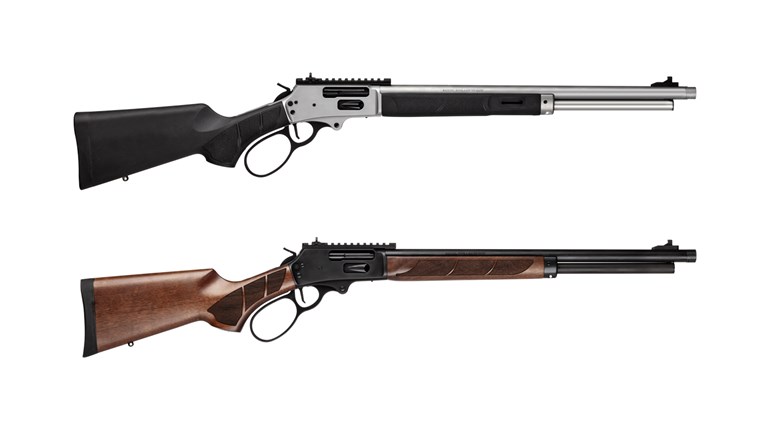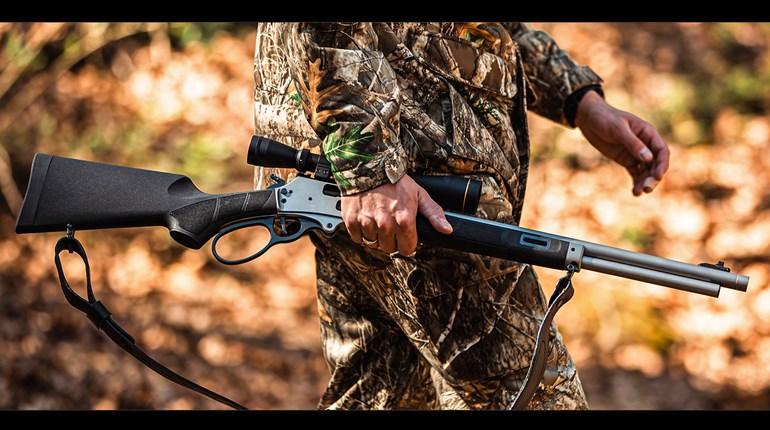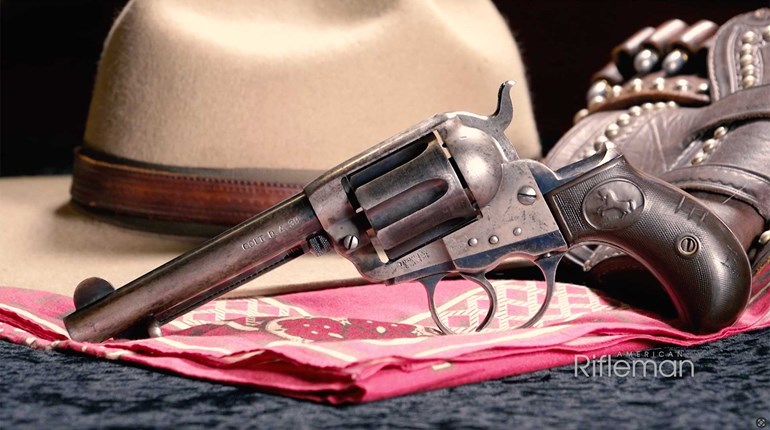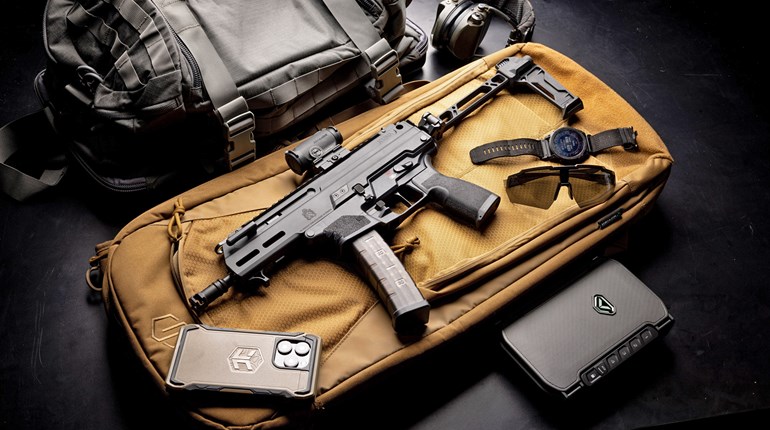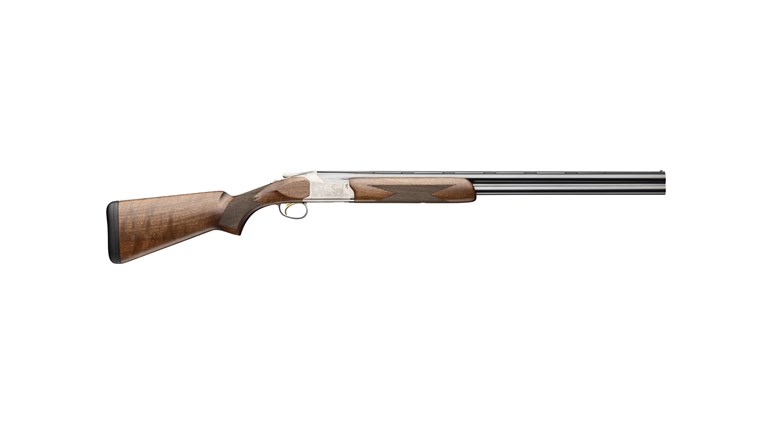
The modern era of handguns is dominated by high-capacity, semi-automatic pistols with red-dot sights. Generally speaking, that's a good thing. But what if you're someone who prefers a more 1800-style approach to your gun? What if you're a revolver enthusiast? Even worse, what if you're a revolver enthusiast that wants a modernized gun? Well good news, because this article is going to show you how to build a modern revolver. Meet the gun we're calling The Modern Fighting Revolver.
The goal of the MFR was to create a revolver that embraced modern innovations in sighting systems, had similar or better terminal ballistics to a 9 mm pistol, is compact enough to carry, and offers 6 or more rounds. Initially, the Ruger GP100 line was evaluated as a potential candidate. It was rejected because the currently available optic mounts for GP100 revolvers aren't robust.
Key Components & Optics
This made Smith & Wesson the only other realistic choice, which left us with a ton of SKUs to sort through. In the end, we picked a 3-inch 686 Plus as the test platform. The 686 Plus makes sense because the L-frame is still concealable with a little thought, and 3 inches is the perfect butter zone for barrel length on a fighting revolver. The .357 Magnum is also the optimal caliber for this gun. We could have selected a Performance Center 986 in 9 mm, but that would increase the gun's cost significantly, and also make the gun dependent on moon clips. A standard 7-round .357 Magnum is the right choice.

Once we had the gun, we needed an optic and mount. Here we turned to Apex Tactical Specialties, known for their aftermarket striker-fired pistol triggers. Once, however, they were the kings of the custom S&W revolver world, and still have a deep understanding of the S&W wheelgun platform. They make a mount for the S&W revolver and Aimpoint ACRO that secures using three screws on any adjustable sighted S&W revolver. The ACRO's closed emitter system and my personal preference for Aimpoint products drove this choice.

The last series of upgrades performed on the 686 Plus was installing an Apex Evolution IV hammer/spring/firing pin kit. Apex's Evolution kit converts the gun to double-action-only (DAO) and reduces the trigger pull by anywhere from 2-6 pounds. If you're not a certified armorer, I'd recommend taking the kit to a gunsmith to have it installed. After getting the kit in the 686 Plus, the trigger went from 16 pounds from the factory down to 10 pounds, which in a gun whose primary purpose is self defense is great.

Range Tested
Now all these upgrades are wonderful, but how well does it shoot? I took the 686 Plus to the range to sight in the red dot and test it out, and the results were awesome. First order of business was zeroing the gun, which took all of one cylinder to get done. Zeroing complete, it's time to shoot some groups. We had five brands of ammo, and shot three five-shot groups at 25 yards off a rest. Here are the best groups for each ammo brand:
- Federal Premium Gold Medal Match 148-grain wadcutter: 1.0075 inches
- Speer Lawman 158-grain +P FMJ: 1.66 inches
- Federal American Eagle 130-grain FMJ: 1.90 inches
- Hornady Critical Defense 110-grain +P: 2.28 inches
- Federal American Eagle 158-grain LRN: 2.83 inches
- CCI Blazer Brass 125-grain FMJ: 2.63 inches
It's no surprise that Federal Gold Medal Match was the accuracy king. What is slightly surprising is the performance of the Speer Lawman 158-grain FMJ round, with a shockingly good 1.66 inch group. This round has continued to impress me with its performance, and will likely be my go-to for this gun.

Group shooting over, the next step was to run the gun through several performance shooting tests, starting with the Modern Samurai Project Black Belt Standards. To eliminate holster bias, I did the standards from low ready, and with the 686 Plus I burned them down. Once the Apex trigger was added, the gun became a shooter instantly, and the addition of the ACRO aids that. From the low ready getting off 6 shots under 2 seconds was a piece of cake, and each round hit the A-zone.
The upgraded 686 Plus is easy to shoot, it's accurate, and it's reliable. But here's a question: how much does all this performance cost? It's not cheap, but it's also not insane. The gun and the Aimpoint ACRO will cost about $1,400 together, then the Evolution 4 hammer kit and mount are another $200. If you also upgrade the grips to VZ Grips, which I did, you're looking at another $100.
So just for the gun and all its parts, you're going to run $1,700, which while it seems like a lot isn't actually that bad. It's absolutely in line with what you'd expect to pay for a Glock that had been similarly tarted up, and it's way cooler than any Glock. For $1,700 and a little bit of time, you're getting a modern revolver that can absolutely hold its own against a semi-auto...until you need to reload, of course.











